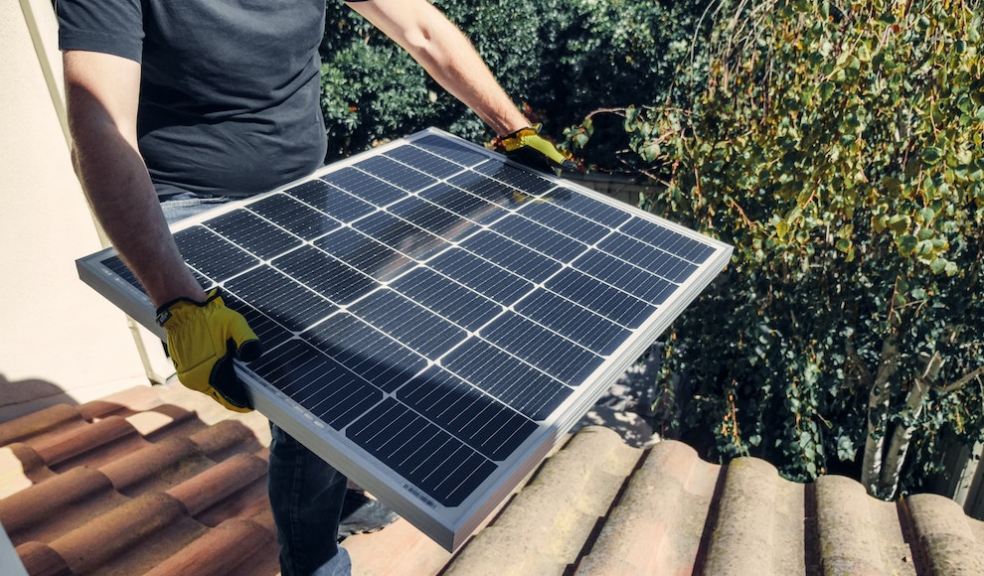
How to Reduce Your Energy Bills with Green Energy
Energy bills are at an all-time high for households across the country, as further hikes to the energy price cap threaten to plunge millions into fuel poverty this winter. Reliance on nationally distributed energy is reliance on expensive and unsustainable fuel that contributes to household carbon costs as well as financial outgoings.
As more people grow concerned for their future costs, and for the future of the planet, off-grid sustainable power sources become a much more popular concept. But what green energy solutions are available to help slash bills at home?
Air Source Heat Pumps
Air source heat pumps are a key low-carbon alternative to standard central heating systems. They work by transferring heat energy from the air outside of the home to a source of water, which then delivers that heat throughout the home via water pipes and underfloor heating.
Air source heat pumps, in essence, operate in an inverse manner to a refrigerator. Refrigerants are used, which boil when brought into contact with warmer outside air and use vapor-compression to heat water elsewhere. Heat energy can be harvested from outside temperatures below 0 degrees Fahrenheit and represent a significant overall saving by all-but eliminating gas use for heating.
Ground Source Heat Pumps
Air source heat pumps are joined by a similar device, in the form of a ground source heat pump. These work in a similar fashion but seek to take heat energy stored in the earth outside your home as opposed to the air.
Ground source heat pumps require more outside space than an air source heat pump, as an extensive heat exchanger pipe system needs to be installed underground. Both air and ground source heat pumps benefit from the provision of government grants to households interested in an upgrade; for any homeowner keen to install these new green energy technologies, the government will subsidise costs by up to £6,000.
Solar Panels
Heat pumps are not the first solution that homeowners and households will come across when it comes to sustainable domestic energy sources, though. Solar panels have been a popular choice for some time, being an accessible energy source with a number of positive benefits.
For one, solar panels generate electricity as opposed to heat energy, allowing you to power all devices without reliance on fossil fuel sources – including electric heaters. For another, solar panels can also generate excess power, which you can export to the National Grid for money. Not only are solar panels sustainable, but also significantly impactful on long-term household budgets.
Biomass Boilers
Biomass refers to biological matter, which can be used to generate energy in a number of ways. Biodegradation can be used to harvest methane, which can then be used as a fuel or power source through combustion. Biomass can also be combusted directly – making it more useful for domestic applications.
Biomass boilers typically burn wood to heat water, which can then be used to serve your home’s central heating needs. Biomass boilers return homes to reliance on wood and coal for heat, but with an efficient, modern twist. They can also be subsidised by government grants.











